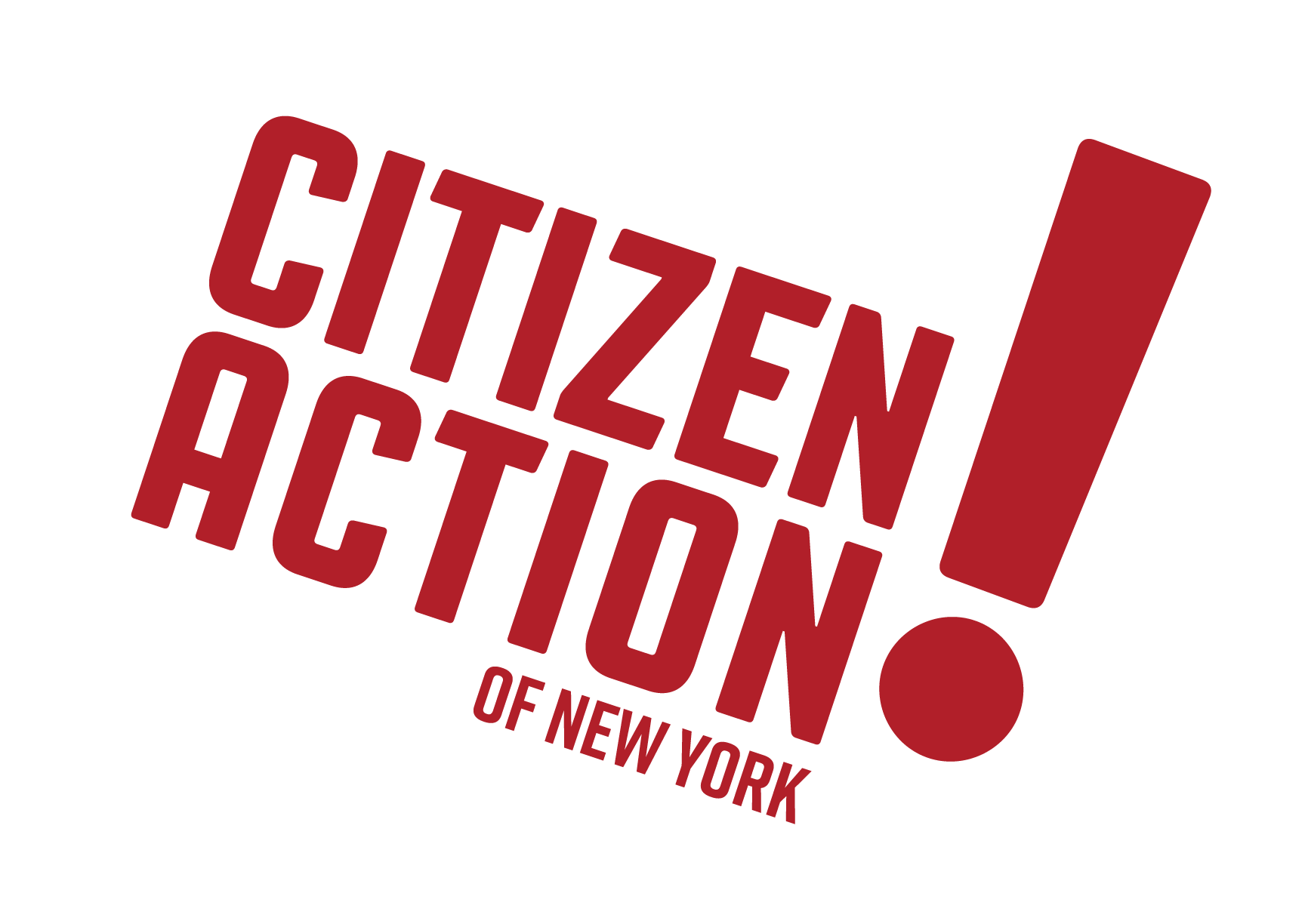Today’s New York Times includes three great letters to the editor about money in politics.
Two of the letters are in response to an Op-Ed by Linsay Mark Lewis, the former Finance Director for the DNC. In his Op-Ed, Mr. Lewis argues that McCain-Feingold should be repealed because it restricts the amount of money that political parties can raise, and, given the lack of accountability allowed via Citizens United’s unlimited super PAC fundraising, that money would be safer for our democracy if it went through parties.
He says:
Big money has always played a role in politics, but the advent of super PACs means that America’s presidential candidates have effectively outsourced their campaigns to the megarich. The wealthy turn over big bucks to super PACs, which in turn make whatever arguments they want, often much dirtier than anything a candidate would want to attach his or her name to.
…
Nevertheless, I’ve decided that the best way forward may be to go in the opposite direction: repeal what’s left of the Bipartisan Campaign Reform Act, commonly known as McCain-Feingold, which severely limits the amount of money the parties can collect for their candidates.
Doing so wouldn’t get rid of the role of money in American politics. But by channeling it back into the parties, it would reintroduce accountability to the system, the lack of which is what makes super PACs so pernicious.
…
If we’re going to have unlimited donations, it should at least be controlled by the parties. After all, wouldn’t you prefer that donors merely suggest candidates’ concerns, rather than pick their words and messages?
Cole Leystra, of Progressives United argues:
While the Supreme Court’s lawless Citizens United decision created an entirely new road map for corruption by allowing wealthy individual and corporate interests to dominate our elections through the use of so-called super PACs, reviving the old soft money contributions to parties would only make matters worse.
Political memories are short — the corrupt era of soft money was directly responsible for the enactment of some of the worst policies in generations: job-killing trade agreements heavily promoted by multinational corporate interests; tax cuts that disproportionately benefited the 1 percent while adding trillions to our long-term debt; and reckless Wall Street-promoted financial deregulation that paved the way for the shenanigans that set off the worst recession since the Great Depression.
David Donnelly, of Public Campaign Action Fund, one of our key partners in the fight for Fair Elections here in New York, and the lead group fighting for the federal Fair Elections bill, says:
The reality, of course, is that Americans don’t want more unlimited contributions in politics. They want none. The best way to insulate candidates is to have them rely on everyday people for donations, not corporate funders — on the great many, not the big money — through a small donor public matching fund system.
The other letter, by Senators Michael Bennett and Tom Udall, responds to a Times editorial from two weeks ago. The piece talks about candidates agreeing on truces to keep super PAC money out of their campaigns.
That’s why a small news item out of Montana this week was so promising. Senator Jon Tester, a Montana Democrat in a tough re-election fight, has proposed a pact with his Republican challenger to keep “super PACs” and other third-party spending out of their race.
The proposal suggests that the notion of a truce — like one signed last month by Elizabeth Warren and Scott Brown in the Massachusetts Senate race — might spread to other states. Mr. Tester’s opponent, Representative Denny Rehberg, says he is considering the offer. Here’s hoping he agrees and that other Congressional candidates around the country do the same.
At the presidential level, super PACs have allowed the candidates to outsource their attack ads to groups able to accept unlimited contributions from corporations, unions and wealthy individuals. The gusher of big money, freed up by Citizens United and other court decisions, will have the same corruptive effect on Congressional races if the candidates don’t stop it. Once one side arms itself, the other side feels obliged to match. This destructive effect was made sadly evident this week when President Obama, who had previously denounced outside spending, abandoned that principle and began inviting unlimited donations to the super PAC supporting him.
Under the terms of the Massachusetts pact, all independent groups are publicly told not to run broadcast and online ads in support of either candidate. (The candidates’ campaigns are, in theory, not allowed to have contact with independent groups.) If any group runs such an ad, the candidate has to donate half the cost of the ad to a charity of the opponent’s choice.
Sens. Bennett and Udall agree:
Super PACs have poured more than $45 million into this year’s election, mostly spent on thousands of unaccountable attack ads into Americans’ homes in early voting states.
Across the country, from Iowa to Florida to Colorado to New Mexico, we’re inundated with intrusive commercials. It’s unfortunate enough that they are on the air, but it’s outrageous that the people we represent can’t find out who made them.
The only sure fix is reform. Ultimately, we must pass the constitutional amendment we introduced letting the states and Congress regulate campaign finance. In the meantime, Congress should take the Supreme Court up on the one area it has left alone, disclosure requirements.
It’s clear that New York isn’t alone when it comes to a broken campaign finance system. The stakes are high – it’s about the wealthiest people in America controlling the “democracy” that is supposed to be responsive to us. It impacts our lives, every day, profoundly. From education, to health care, to national defense – if CEO campaign cash is a factor in the decision-making of those we elect to represent us, then surely their representation will not be in our interests.

